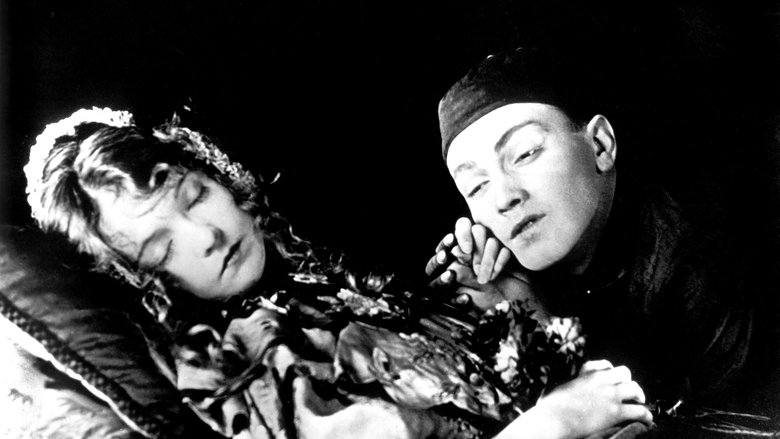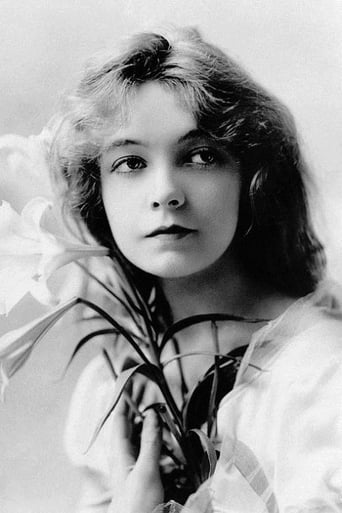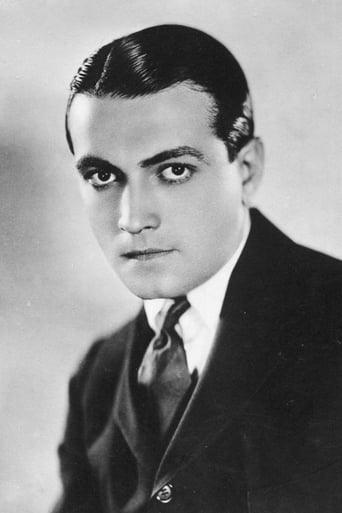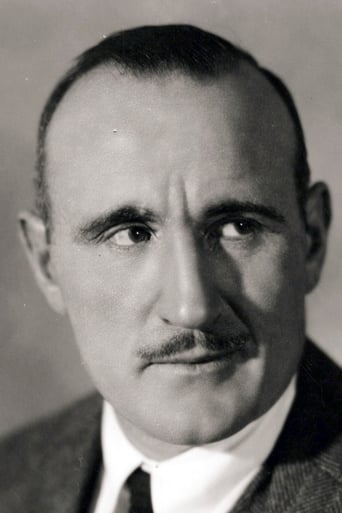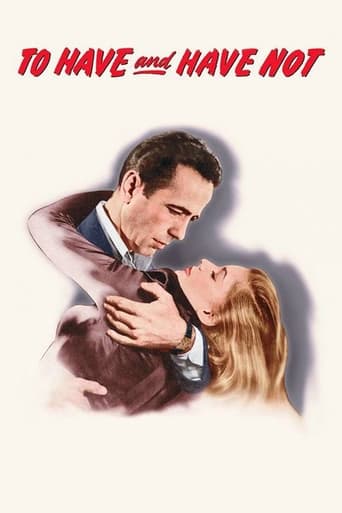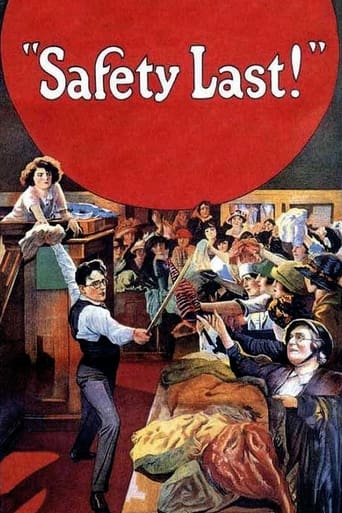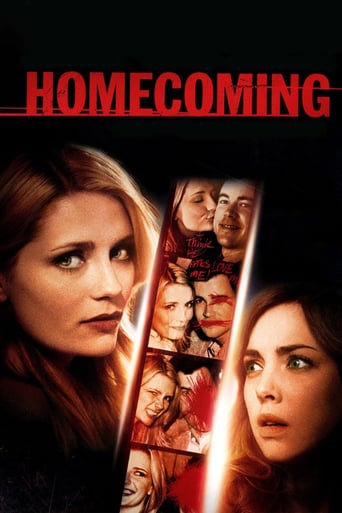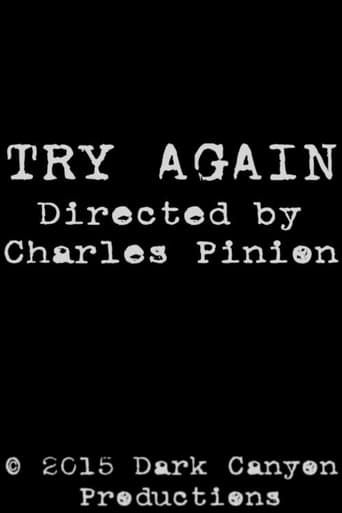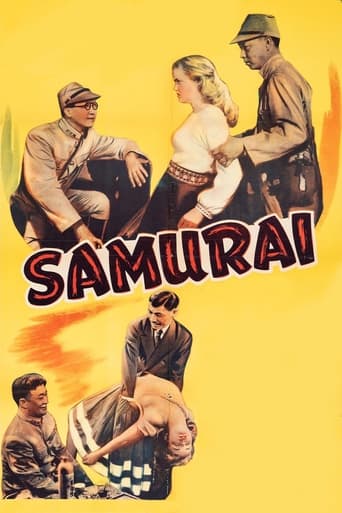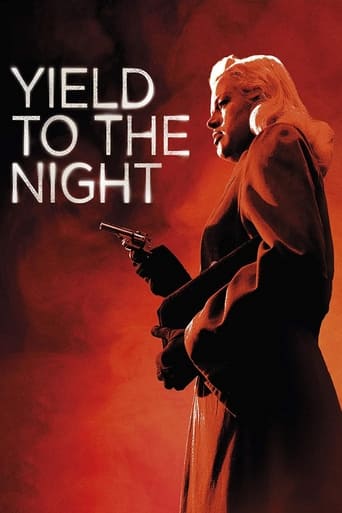Broken Blossoms (1919)
The love story of an abused English girl and a Chinese Buddhist in a time when London was a brutal and harsh place to live.
Watch Trailer
Cast
Similar titles
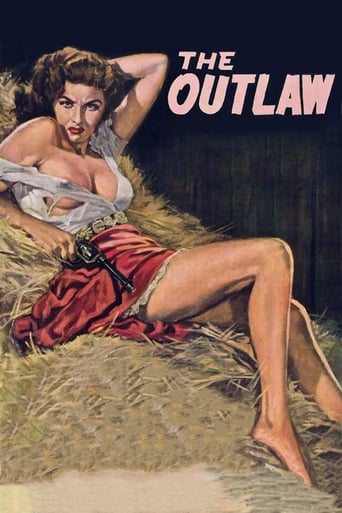
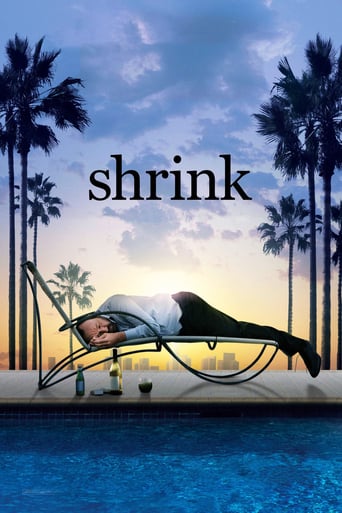
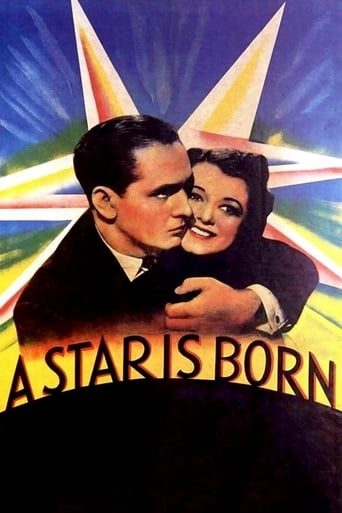
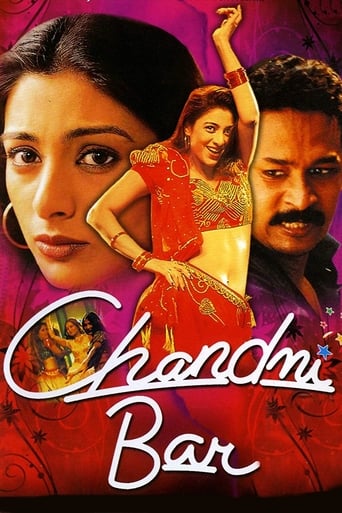
Reviews
everything you have heard about this movie is true.
The movie's neither hopeful in contrived ways, nor hopeless in different contrived ways. Somehow it manages to be wonderful
Blistering performances.
Watching it is like watching the spectacle of a class clown at their best: you laugh at their jokes, instigate their defiance, and "ooooh" when they get in trouble.
In 1915, D.W. Griffith made "Birth of a Nation," which was an entertaining movie, but had the slight drawback of being the most racist movie ever made. To atone for this great sin, he had to do penance, and that's why he made "Intolerance: Love's Struggle Throughout the Ages" the very next year, whose message was that we should all be tolerant of one another, something the glorious Ku Klux Klan of the previous movie definitely was not. "Intolerance" was a boring movie, but it had to be done. Unfortunately, it was also done to us, punishing us for enjoying "Birth of a Nation," I suppose.Griffith must have still been feeling guilty by 1919, because in that year he also made "Broken Blossoms or The Yellow Man and the Girl," in which he tried to atone for his racist classic one more time. The very title may sound a little racist to our twenty-first century ears, but he probably thought it was an improvement over the source material, a short story by Thomas Burke entitled "The Chink and the Child."The Asian in both titles is Cheng Huan, played by Richard Barthelmess in yellowface. He is a Chinese Buddhist who decides to move to London to bring enlightenment to the white race. He is unable to bring said enlightenment to the British, however, no doubt because the people in England were not sure what to make of a man who was apparently incapable of using the muscles in his face to form an expression. I guess that was Griffith's idea of the inscrutable Oriental. However, Huan is able to achieve nirvana on a regular basis at the local opium den.Whereas Barthelmess played Huan without an expression, Donald Crisp played Battling Burrows with enough expressions on his face for the two of them. Burrows is a boxer who enjoys being cruel to his young daughter Lucy. In fact, the only time Burrows is not bullying or beating Lucy is when he is at the saloon or in the boxing ring. But he insists that she put a smile on her face, and so Lucy uses her two fingers to force her lips into a smile, which is ludicrous. Supposedly, Lillian Gish, who played Lucy, came up with that idea, and apparently Griffith liked it, because she does it over and over again. The reason for this, presumably, is that if she had simply forced a smile on her face the way a normal person might do, we in the audience might be so dull-witted as to think she was actually happy.After a particularly severe beating, Lucy accidentally stumbles into Huan's shop. When the effect of his opium pipe wears off, Huan notices her on the floor and takes her upstairs to his bedroom. His love for her is pure and noble, but expressed in such a way as to seem downright creepy. But when her father finds out she has been in Huan's bedroom, he beats her with a whip until she dies. Huan goes over to where Burrows lives, and, discovering that Lucy is dead, pulls out a revolver and shoots Burrows several times, killing him on the spot. Huan goes home and commits suicide by disemboweling himself with a knife. I thought that was something a Japanese Samurai might do as a matter of honor, not something a Buddhist is likely to do, but then I wasn't aware that Buddhists went around packing heat, so what do I know?This movie is simplistically didactic, instructing us that an Asian might actually be a better person than a Caucasian. And to benefit from that lesson, we have to sit through what may be the most miserable ninety minutes in cinematic history.
Another Griffith's melodrama! It was so hard to get to the end that full of madness film. Even, if its director made lots of interesting films, masterpieces, this, was completely not worth it. Storyline is quite poor. F.e we don't know much about main character's mother. All we can see, is pathology in family. And at the end of film we don't exactly know the reason why the girl ends like that. Also acting is terrible! Especcialy the moves of Donald Crisp are so so cheap or even weird. Lillian Gish is OK, but she is always sad so we can't rate her acting at all. And of course 'the Chinese Guy' who isn't even Asian- he don't shows us nothing special. I saw also, a few completely unnecessary shots- film was too long. ,,Broken Blossoms'' action moves on in the end, in the beginning there was nothing but cruelness. The last thing that shocked me.. main sick love of 20 (or more) year old guy to girl who was a innocent child- the way he looked at her was awful..
Directed by DW Griffith. BROKEN BLOSSOMS (1919) tells the story of Cheng Huan (Richard Barthelmess), a young Chinese man who journeys from his homeland to spread the peaceful message of Buddha to the English. After years in England he finds that no one is receptive to his teachings, and he winds up in a small store in London's poor Limehouse district, disillusioned and wasting his life away in an opium den. At the same time we meet Lucy (Lillian Gish), a poor teenage girl who has to contend with an abusive father, prizefighter Battling Burrows (Donald Crisp). A brutal beating sends Lucy fleeing to Cheng Huan's shop, where the two meet and an unexpected love develops, with overwhelming consequences for all three SCRIPT: The story is basically allegorical and painted in broad strokes. Lucy is a victim, Cheng Huan is a peaceful and sensitive man, and Burrows is a brute with no redeeming qualities. Griffith intended this story to mark a contrast between the pacifistic nature of Chinese Cheng Huan and the violent ways of the supposedly more civilized Anglo-Saxons (specifically Burrows, as well as sailors featured early in the movie). He also shows this contrast when seemingly friendly street preachers in London give Cheng Huan a tract with the stark title "Hell", intended to incite fear of eternal torment.Additionally, BROKEN BLOSSOMS was one of the first positive portrayals of interracial romance. The love that develops between Lucy and Cheng Huan is portrayed as pure and beautiful. This is contrasted with the prejudice and hatred displayed by Battling Burrows. Griffith does deserve credit for portraying Asians in a positive light during the time of anti-Asian Yellow Peril paranoia. One can see that he treats Cheng Huan with genuine respect and admiration. He sketches out the deflation of his idealism with poignancy and compassion.There are, nevertheless, some overly florid and preachy titles (a common fault of Griffith's films) which don't allow the audience to experience the story as completely as we may like, telling us what we should feel instead of allowing our sympathies for the characters to develop naturally. Also, there are some things that come across as offensive now, such as Lucy's question "What makes you so good to me, Chinky?" There really isn't any comic relief or humor to speak of, but the story is quite engrossing despite its flaws. SCORE: 8.5/10 ACTING: The central performances vary in quality. Richard Barthelmess, as Cheng Huan, strives to convey the character's gentle and tolerant nature, as well as his love for Lucy. Unfortunately, the makeup that he has to wear limits his facial expressiveness, somewhat reducing the impact of his performance (well, for me anyway). Undoubtedly, a real Asian actor would have been better for the part, but social conventions of the time made that idea unworkable. However, Barthelmess conveys his character's nature quite effectively despite the disadvantage of his makeup. He carries the lead with grace and sensitivity, ably conveying Cheng Huan's emotions. On the other end of the spectrum, we have Donald Crisp's turn as the sadistic Battling Burrows. I felt that his portrayal was lacking in subtlety, very over-the-top – many of his facial contortions looked like he was practicing for a gurning contest – and even unintentionally funny at times. His character comes off as rather one-note. In the middle, we have Lillian Gish, who comes off the best. Her portrayal of Lucy, the suffering victim, is quite subdued and effective, and she does evoke Lucy's terror during the pivotal closet scene very well. Gish brings a fragility and desperation to the role that makes up for her being a bit old for the part (Lucy was 15 and Gish was 26 at the time of filming). She also beautifully portrays Lucy's reactions at her first glimpse of happiness because of her love for Cheng Huan. The supporting players are adequate for their parts. SCORE: 8/10 CINEMATOGRAPHY/PRODUCTION: To this reviewer, the most outstanding aspect of the film is the cinematography and production. Through well-framed shots, Griffith and celebrated cinematographer Billy Bitzer vividly evoke the story's atmosphere of desperation mingled with fragile bliss. The location settings are quite realistic and detailed. Tinting is used to display the time of day, and it adds to the emotional resonance in some scenes as well. The editing is also pretty smooth. Although not as extraordinary as INTOLERANCE, BROKEN BLOSSOMS shows considerable command of the cinematic medium. Overall, this movie is quite well produced and a truly haunting visual experience. SCORE: 9/10 SUMMARY: BROKEN BLOSSOMS is a notable film in Griffith's body of work for its daring (for the time) subject matter. The story is intriguing and moving in parts, although at times a bit simplistic in others. Lillian Gish and Richard Barthelmess contribute very moving portrayals. Visually, BROKEN BLOSSOMS is striking, richly detailed and hauntingly evocative. BROKEN BLOSSOMS is a definite classic. MOVIE SCORE: 9/10
. . . who needs enemies? Actress Lillian Gish as the London waterfront motherless waif Lucy, a.k.a. The Girl, is constantly begging her brain-damaged-from-boxing dad NOT to whip her to death, saying in the same breath (subtitled, of course) that he might hang if he does her in (boxing has been known for centuries to cause its adherents to do irrational things, such as practicing public cannibalism and demanding facial tattoos). Taking advantage of the mentally deficient father, a possibly illegal immigrant installs the under-aged female in a love nest above his specialty shop on the sly. The hatred of Londoners for off-islanders can be traced back at least as far as the Roman Invasion, so it is no surprise that Lucy's smashed-noggin father is crazed when he finds out what an older man who should have known better has done with his under-appreciated offspring (a real workhorse around his squalid flat; you never value what you have until it's gone). The addled brained dad quickly whips his daughter to death, and the alleged Buddhist pacifist missionary grabs his revolver (!!) and does in the dad before killing himself. For those of you born AFTER director D.W.Griffith foisted BIRTH OF A NATION & BROKEN BLOSSOMS upon America, it is important to remember that he cut his movie-making teeth (beginning in 1908 on RESCUED FROM AN EAGLE'S NEST) at the notoriously wrong-headed, racist, and obstructionist Edison Manufacturing movie making muck hole.

